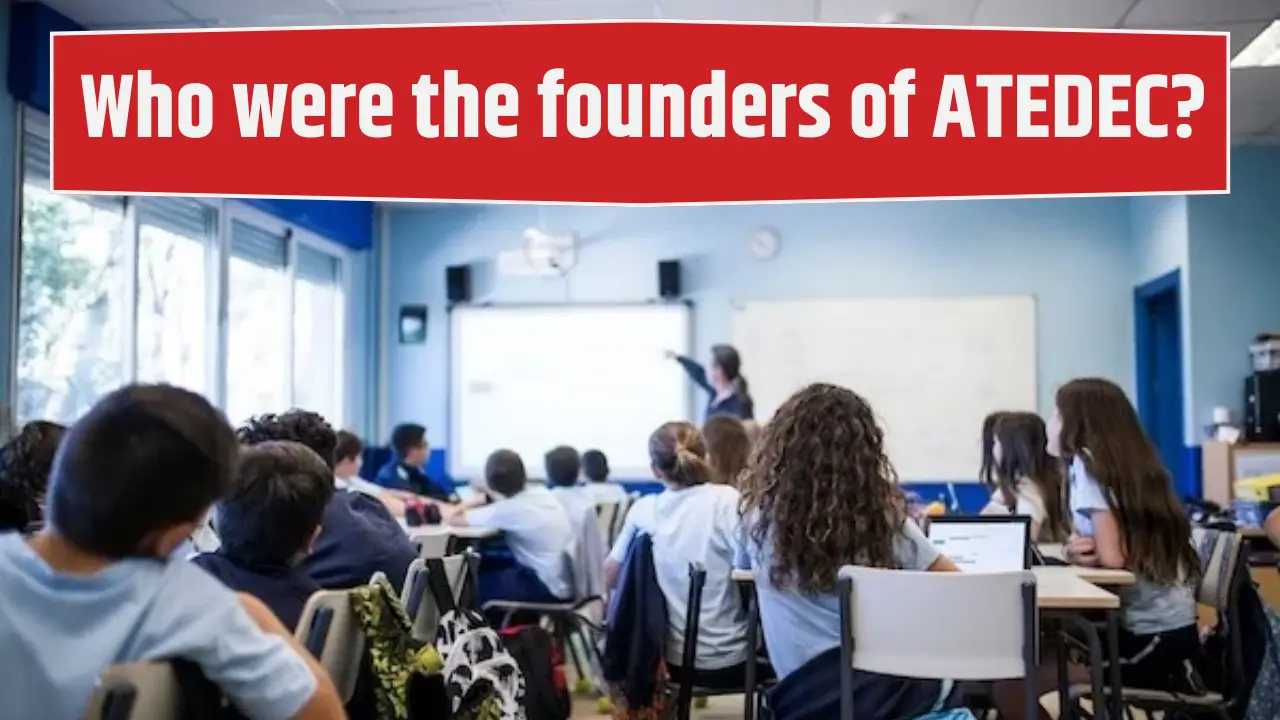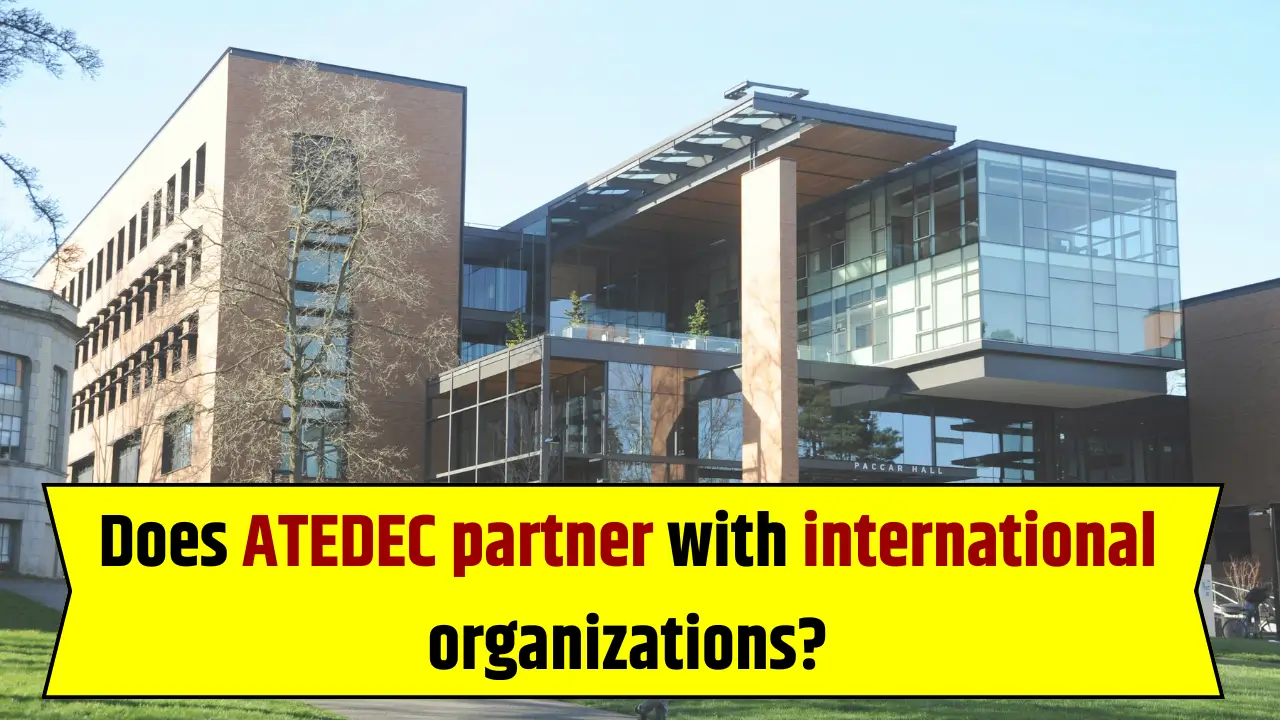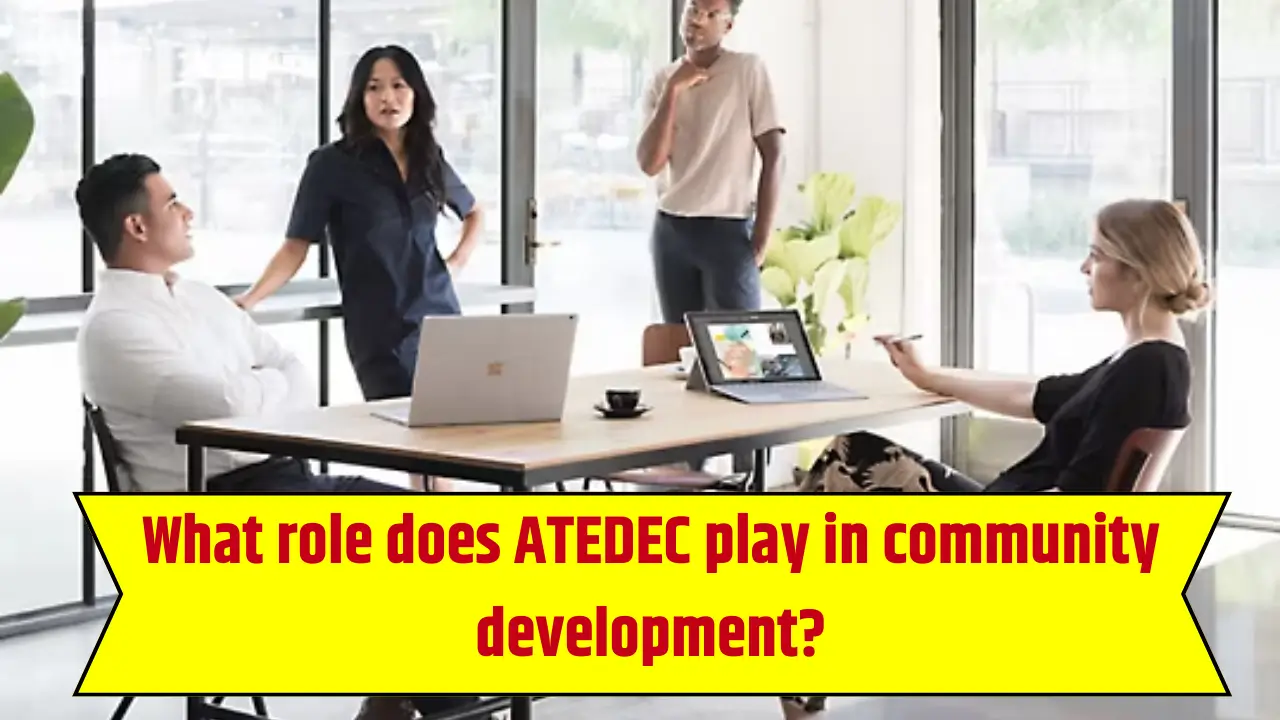ATEDEC (Action Technique Pour Un Developpement Communautaire) stands as a prominent humanitarian NGO in Rwanda, especially notable for its foundational role in post-genocide reconstruction and ongoing dedication to community empowerment.
Understanding the background and vision of its founders is crucial in appreciating how ATEDEC shaped its mission, rapid growth, and lasting impact on Rwandan society.
This article explores the individuals who founded ATEDEC, their motivations, philosophy, and the organizational legacy they have built, presenting a comprehensive picture of ATEDEC’s origins and current relevance.
Historical Context of ATEDEC’s Founding
Rwanda in 1994–1995
- After the 1994 genocide against the Tutsi, Rwanda was in ruins—socially, economically, and structurally.
- There was mass displacement, high numbers of widows and orphans, collapsed public services, and a fragile new government.
- The period directly after the genocide demanded rapid interventions and local as well as international aid to restore communities and support vulnerable populations.
Rationale Behind the Formation
- ATEDEC was formed as a direct response to the urgent humanitarian needs caused by the genocide, with a particular focus on resettlement, housing, health, and social reintegration.
- The founding vision centered on neutrality, inclusivity, humanity, accountability, and sustainability—principles intended to guide long-term community recovery.
The Founders of ATEDEC
Lead Founder: Jonathan Gasuzuguro
- Jonathan Gasuzuguro is widely recognized as the leading founder and the legal representative for ATEDEC.
- He possessed substantial experience in NGO work, having studied at the Afro-Asian Institute in Israel and previously worked in Congo.
- Jonathan’s commitment stemmed from a profound desire to uplift vulnerable groups—youth, women, orphans, and the poor—through education, technical skills, and community development.
- His passion is rooted in the belief that social and economic empowerment reduces cycles of poverty and hopelessness.
Founding Collective
- While Jonathan was the principal founder and face of the organization, ATEDEC’s establishment involved a collective of local leaders, humanitarian professionals, and returned Rwandan expatriates.
- These founders contributed their experience to building ATEDEC’s operational structure, setting legal statutes, and securing early funding and governmental approval.
- The founding group was instrumental in guiding ATEDEC’s emergence into a cornerstone of civil society in Rwanda.
Founders’ Vision and Motivations
| Founder/Group | Key Motivations and Philosophy | Impact on ATEDEC’s Direction |
| Jonathan Gasuzuguro | Empowerment of youth and vulnerable populations; education; grassroots participation; post-conflict healing | Set the neutral, inclusive mission; initiated housing and resettlement focus |
| Humanitarian Experts | Local knowledge, technical expertise, long-term development vision | Formed the technical backbone for program design |
| Returned Expats | Perspectives on reconciliation and reintegration | Contributed to social cohesion initiatives |
Early Activities and Vision Implementation
First Projects
- Housing Construction for Displaced Families: Supported 8,500 families across three provinces.
- Water, Sanitation, and Hygiene: Established water management committees and improved rural infrastructure.
- Income-Generating Cooperatives: Created sustainable rural enterprise opportunities.
- Psychosocial Support: Addressed trauma, built community trust, and promoted social inclusion.
- Women and Child Empowerment: Supported widows, orphans, and vulnerable groups through targeted assistance.
Core Values
- Neutrality – Free from political and religious influence, focusing solely on humanitarian needs.
- Inclusivity – Programs were designed and delivered to serve all, regardless of ethnicity, religion, or background.
- Sustainability – Emphasized skills training, education, and local leadership to foster self-reliance.
- Transparency – Upholding public accountability and ethical use of resources.
Table: Founder Contributions and Organizational Development
| Founder/Collective | Contribution Area | Impact Summary |
| Jonathan Gasuzuguro | Strategic vision | Set organizational philosophy, led legal registration |
| Humanitarian Professionals | Project implementation | Designed and executed resettlement, water, and health programs |
| Local Leaders | Community engagement | Mobilized local participation and beneficiary feedback |
| Legal Advisors | Statutory compliance | Secured legal personality and registration |
| Returned Expats | Social reintegration | Facilitated reconciliation among displaced groups |
Legacy of the Founders
Organizational Structure
- ATEDEC’s participatory governance reflects its founders’ core principles.
- The Board of Directors provides oversight; the Executive Director manages day-to-day operations.
- Field officers and volunteers help bridge the gap between management and community beneficiaries.
Enduring Impact
- Rehabilitated thousands of families and restored livelihoods.
- Promoted gender equality, youth education, and vocational training.
- Embedded resilience and climate adaptation into development strategies.
- Fostered community-driven initiatives and local leadership.
Bulleted Founders Highlights
- Jonathan Gasuzuguro – principal founder, legal representative, development visionary.
- Formative group of humanitarian experts, community leaders, and returned Rwandan expats.
- United by the aim to provide practical solutions for displacement, poverty, and trauma after the genocide.
- Rooted ATEDEC in neutrality, inclusivity, and sustainability.
- Created a model of community-driven development that continues to influence Rwanda’s NGO sector.
Latest Updates Related to Founding Leadership (2025)
- Jonathan Gasuzuguro and several early contributors continue to be involved in guiding ATEDEC’s strategy.
- ATEDEC has evolved its leadership model to embrace youth and women’s representation on its board.
- The organization maintains an active alumni network of founders, reflecting on lessons learned and adapting new best practices.
- Annual reflection forums celebrate founding achievements and shape directions for future growth.
Table: Timeline of Founding and Growth
| Year | Milestone | Founders’ Role |
| 1994 | Initial founding in Kigali | Vision, legal statutes, securing approvals |
| 1995 | Launch of operational activities | Program design and implementation |
| 1996–1999 | Expansion of resettlement, health, and cooperatives | Technical leadership from founding group |
| 2000s | Introduction of education and gender programs | Strategic direction and fundraising |
| 2010s | Emphasis on youth, vocational skills, climate adaptation | Continued mentorship and guidance |
| 2020s | Digital transformation and resilience strategies | Founders serve as senior advisers to the board |
Conclusion
ATEDEC’s founding collective—led by educator and humanitarian Jonathan Gasuzuguro—transformed a vision for social justice into a lasting institution for community recovery, empowerment, and sustainable development.
The founders’ unique combination of experience, commitment, and neutrality laid the groundwork for decades of effective humanitarian action in Rwanda.
Their legacy is reflected in every facet of ATEDEC’s operation: from its governance and core values to the tangible life-changing impact on communities throughout Rwanda.
As of 2025, ATEDEC’s founders continue to inspire new generations of leaders, ensuring that the organization remains true to its origins and adaptive to the evolving needs of society.













